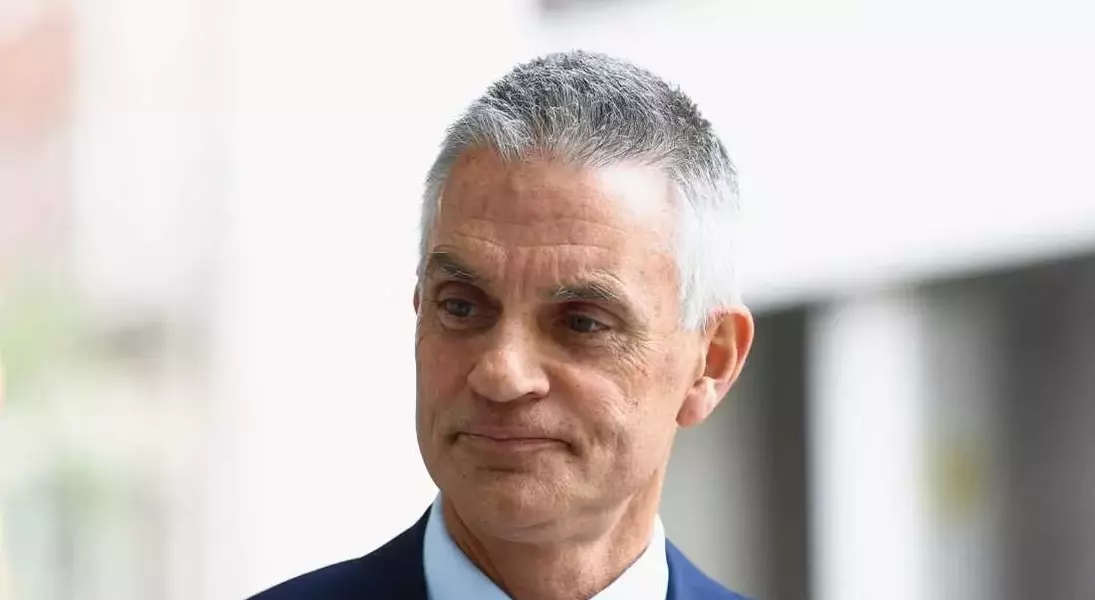
In a significant development for the British public broadcaster, both the Director-General and its chief news executive tendered their resignations this past weekend. This decision followed intense scrutiny and criticism regarding the organization's handling of a speech delivered by former U.S. President Donald Trump, sparking a debate about journalistic integrity and impartiality.
BBC Leaders Step Down Amidst Allegations of Misleading Trump Speech Edit
London witnessed a major shake-up in its media landscape on Sunday, November 9, 2025, as Tim Davie, the Director-General of the British Broadcasting Corporation, and Deborah Turness, the CEO of BBC News, announced their departures. Their resignations were directly linked to a controversy surrounding the editing of a speech given by former U.S. President Donald Trump on January 6, 2021, prior to the Capitol incident in Washington. Critics argued that a BBC documentary, which aired last year, presented a misleading portrayal of Trump's remarks by excising a segment where he advocated for peaceful demonstration. This omission ignited a firestorm of accusations, leading to claims of institutional bias within the venerable news institution.
In a communication to his team, Davie articulated that his decision to step down after five years at the helm was entirely personal. He acknowledged that while the BBC largely performs commendably, certain errors had occurred, for which he, as Director-General, bore ultimate responsibility. Davie indicated that he was coordinating with the Board to ensure a smooth handover to his successor in the coming months. Similarly, Turness, in her own message to staff, expressed that the contentious Trump documentary had reached a point where it was detrimental to the BBC's reputation, an institution she deeply cherishes. Emphasizing the importance of accountability in public life, she affirmed that the ultimate responsibility for BBC News and Current Affairs rested with her. Turness vehemently refuted recent accusations of inherent bias within BBC News, despite acknowledging that mistakes had been made.
Pressure on the broadcaster's senior management had been escalating since the Daily Telegraph publicized excerpts from a dossier compiled by Michael Prescott, an advisor hired to review the BBC's standards. This dossier not only highlighted the Trump speech edit but also criticized the BBC's coverage of transgender topics and raised concerns about alleged anti-Israel bias within its Arabic service. The BBC operates under a heightened level of public scrutiny compared to its commercial counterparts, primarily due to its funding model – an annual license fee of 174.50 pounds ($230) collected from every household possessing a television. Furthermore, its foundational charter mandates strict impartiality in its content, making it a constant target for critics quick to identify any perceived deviation from this core principle.
This episode serves as a powerful reminder of the immense responsibility that media organizations bear in shaping public discourse and the critical importance of maintaining unwavering impartiality. In an era saturated with information and rapid news cycles, the accuracy and contextual integrity of reporting are paramount. The resignations at the BBC underscore the severe consequences that can arise from perceived biases or editorial missteps, particularly for institutions entrusted with informing and reflecting society. It highlights the delicate balance between journalistic freedom and the imperative to present information fairly and comprehensively, urging all media outlets to uphold the highest standards of ethics and transparency.
